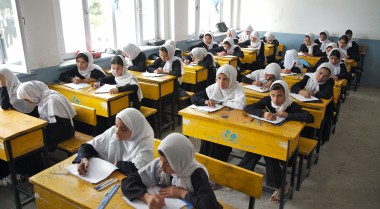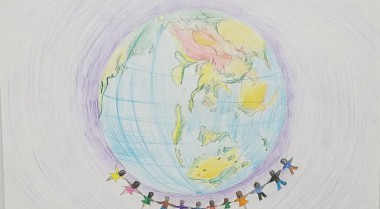
GPPAC Peace Education Working Group Supports Projects in Armenia, Serbia and the USA
The GPPAC Peace Education Working Group has allocated funds to peace education projects in Armenia, Serbia and the United States, through a competitive process open to the peace education working group members.
We are proud to present the projects here:
The first is a collaboration of civil society organisations, Women for Development in Armenia and Nansen Dialogue Centre Serbia, to support the expansion and development of country-wide peace education programs in their respective countries. The focus of this project is to further involve parents in violence prevention efforts in schools.
According to Tatjana Popovic, the Director of the Nansen Dialogue Centre Serbia:
“During the cross-regional cooperation of schools we plan to develop the foundation of a strategy for responsible and regular involvement of parents within the work of schools, supporting teachers’ efforts and contributing to the creation of safe school environment”.
The second project awarded support was to Wilmington College in the USA, to lead the development of an Ohio Peace and Conflict Studies Network. The network, initially comprising 18 colleges and universities, has the potential to reach more than 50 institutions in Ohio that offer peace related programs and degrees.
According to Dr. Tanya Maus, Director of the Peace Resource Center at Wilmington College:
“We are thrilled to create a broad coalition within Ohio higher education that is united by an intentional focus on peace and conflict reconciliation pedagogy.”
As the Ohio Peace and Conflict Studies Network develops and helps build capacity in its member colleges and universities, it will be developing a series of free webinars for colleges and universities which will be available on GPPAC’s website. These will include topics such as good practices in course development, student programming and infrastructure development, how to market programs and how to gain administrative buy-in. Despite the relatively small amount of funding, both projects promise far reaching impact.
As a global network of civil society organisations GPPAC actively works across 15 regional networks and supports grass-root initiatives to prevent violent conflict and build more peaceful societies.
For more information on what GPPAC is doing on peace education, please visit this page or contact the Chair of the Peace Education Working Group, Jennifer Batton.

